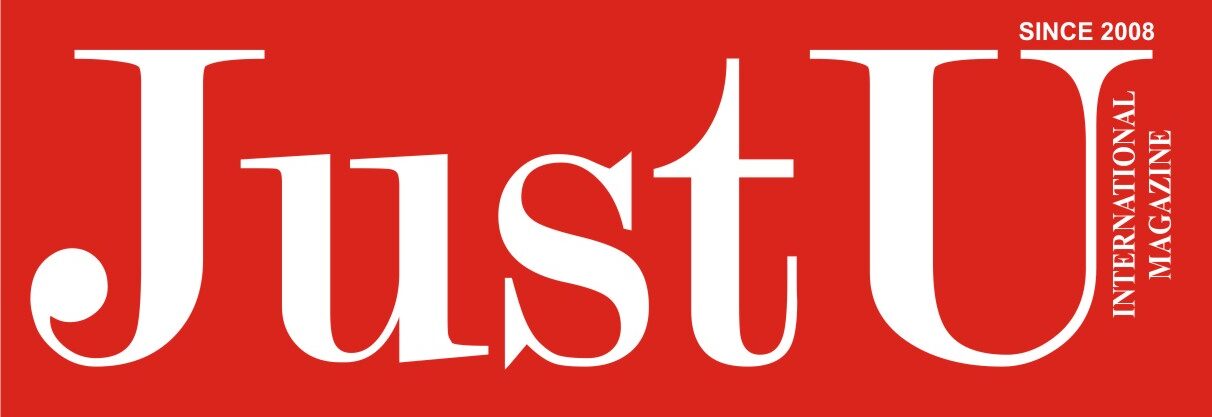National Council of Traditional Rulers Holds Executive Committee Meeting in Lagos
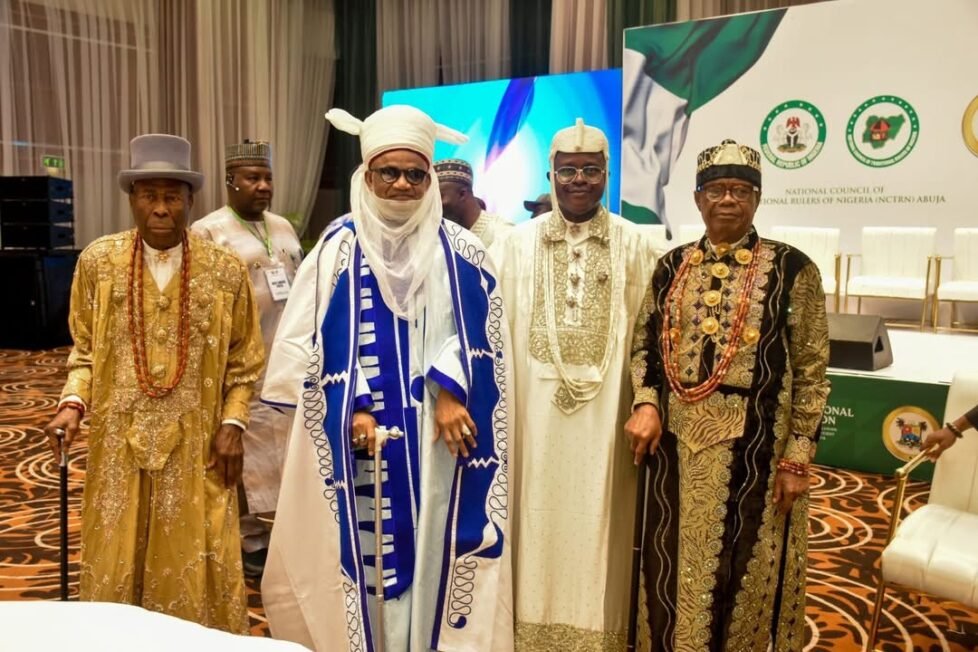

The National Council of Traditional Rulers of Nigeria (NCTRN) has held its Executive Committee Meeting in Lagos, hosted by the Lagos State Government. The event, themed “The Traditional Institution: The Imperative of Its Inclusion in Effective and Efficient Governance in Nigeria,” took place at the Lagos Continental Hotel today, 13th October 2025.
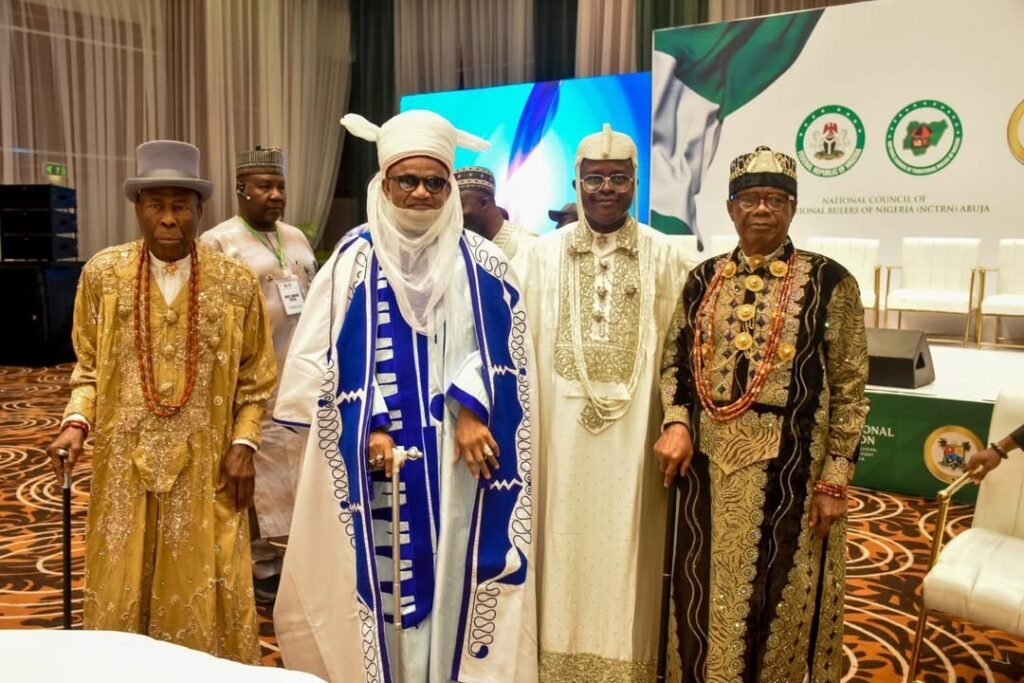
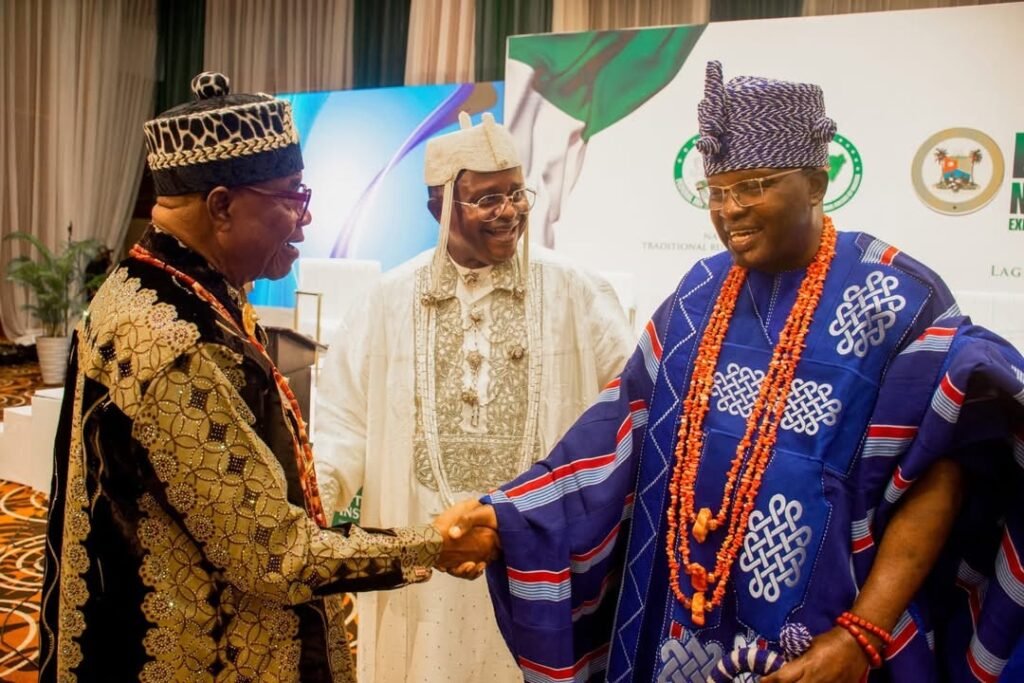
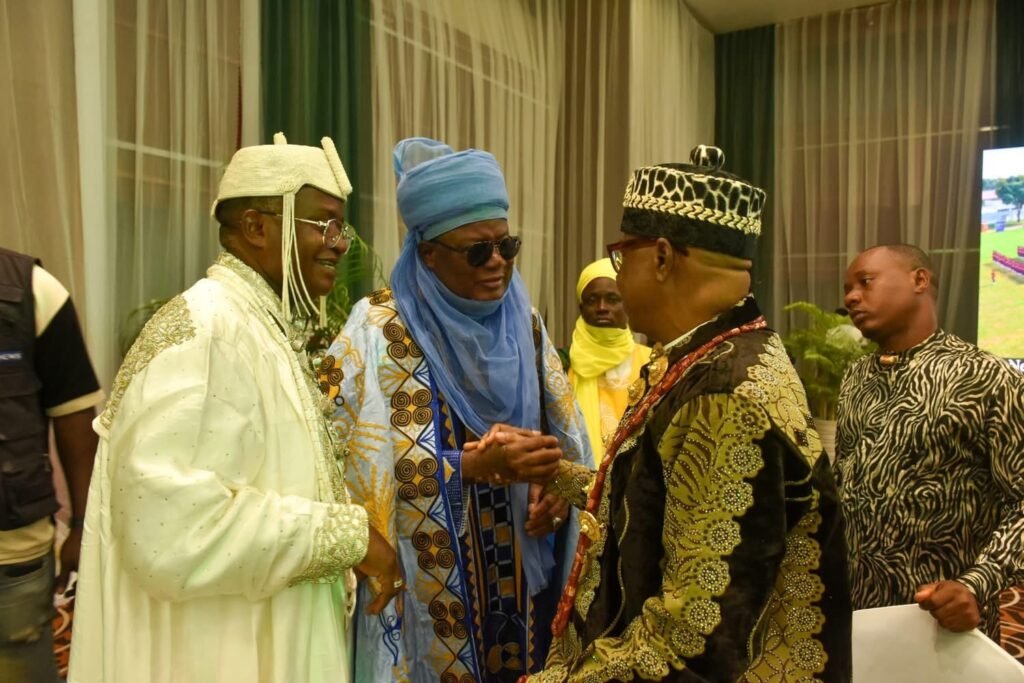
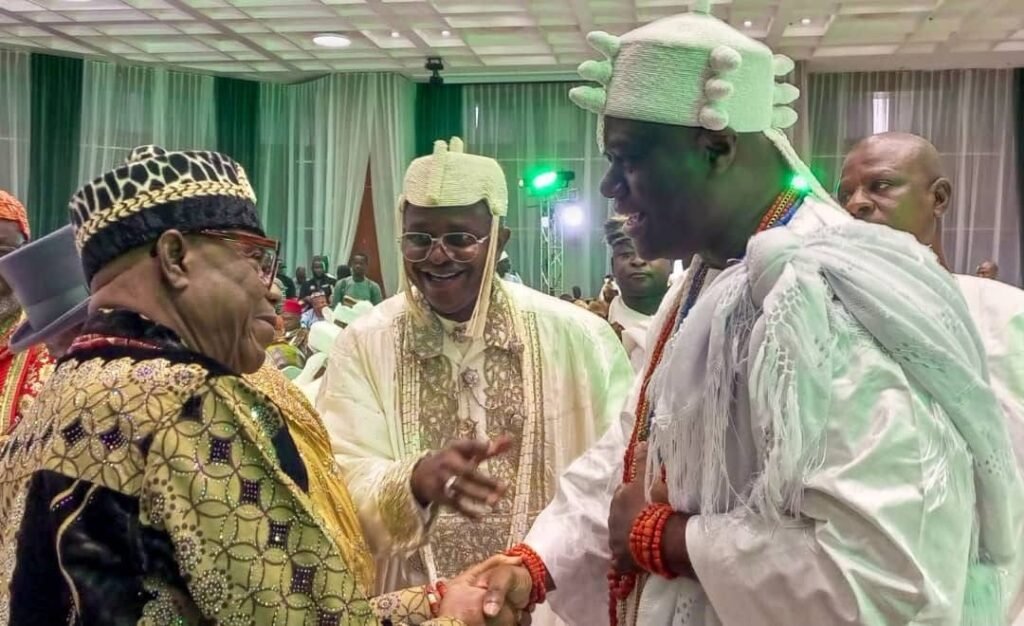
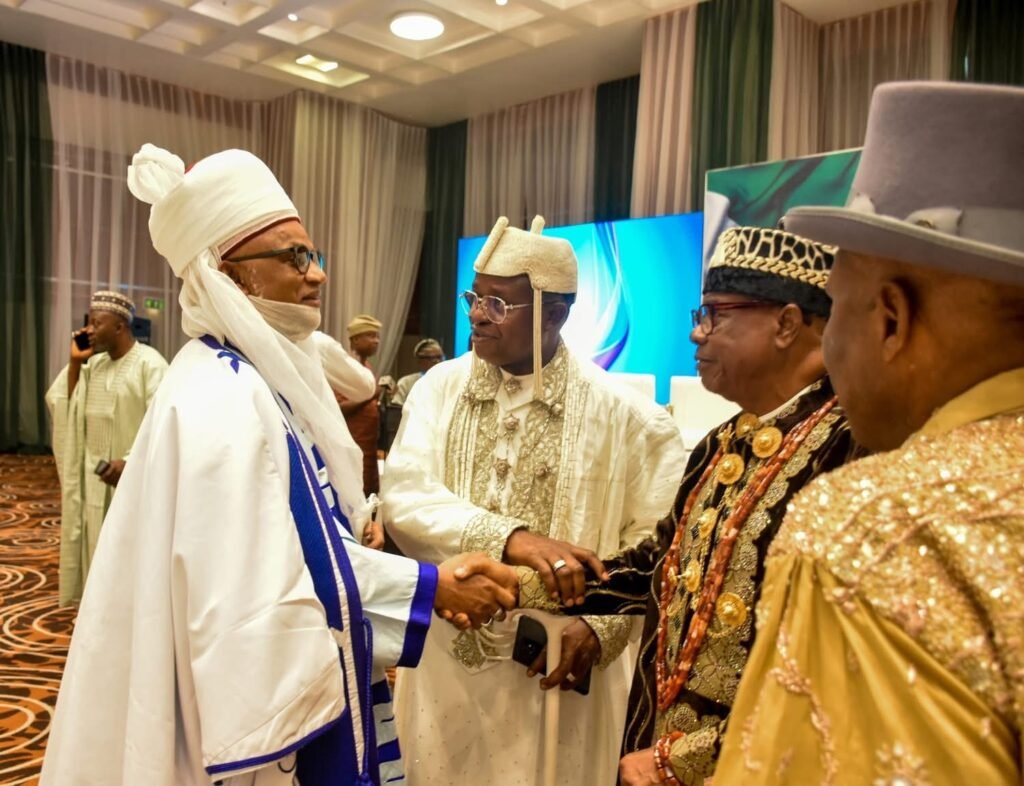
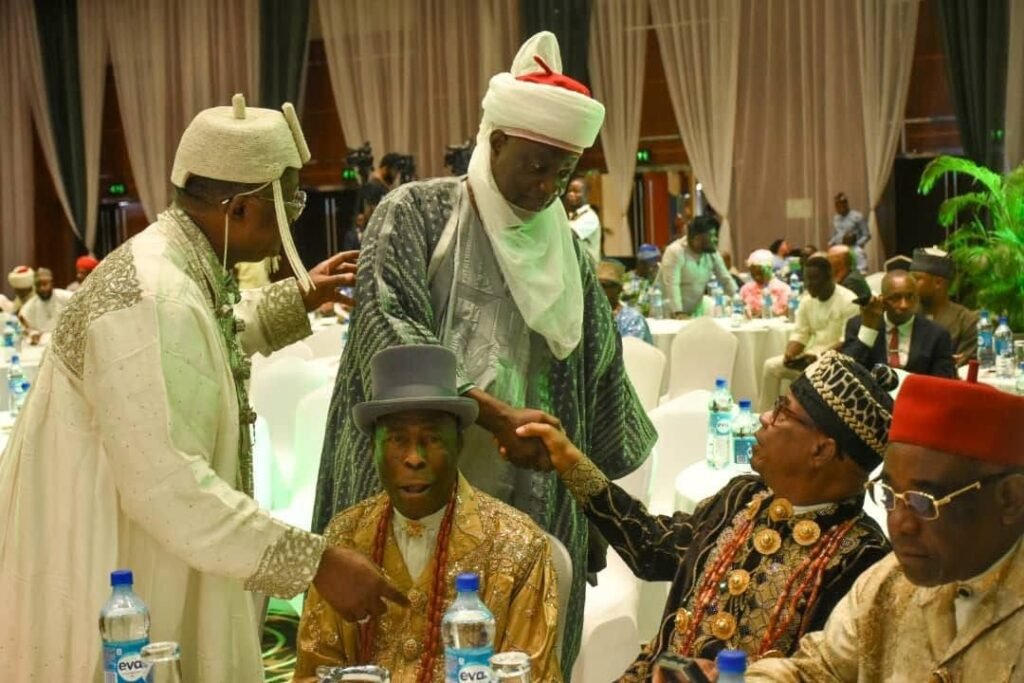
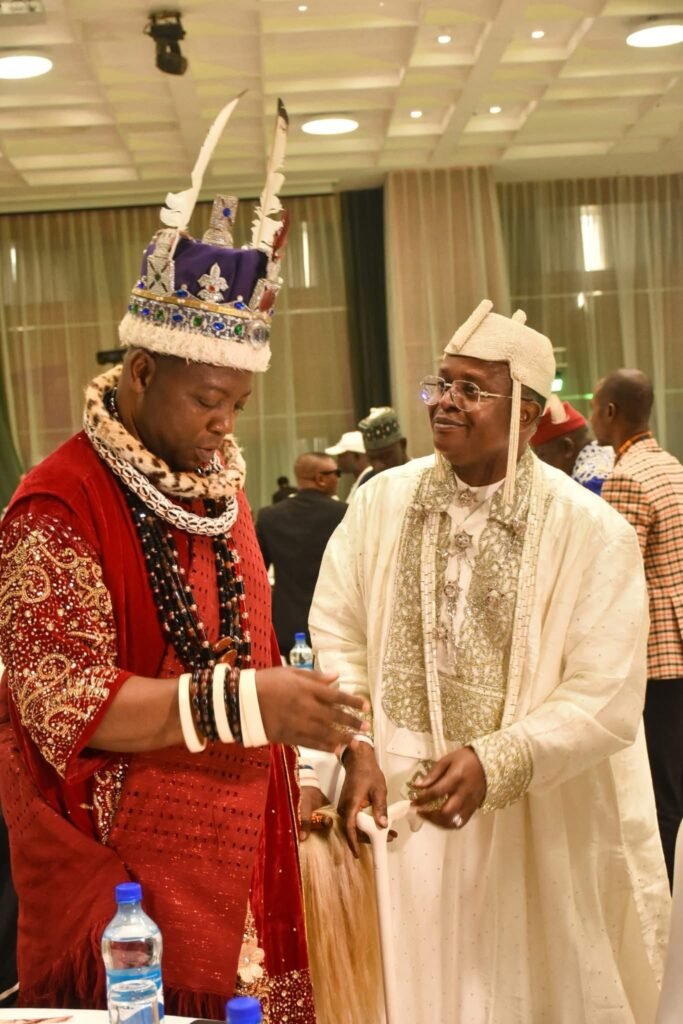
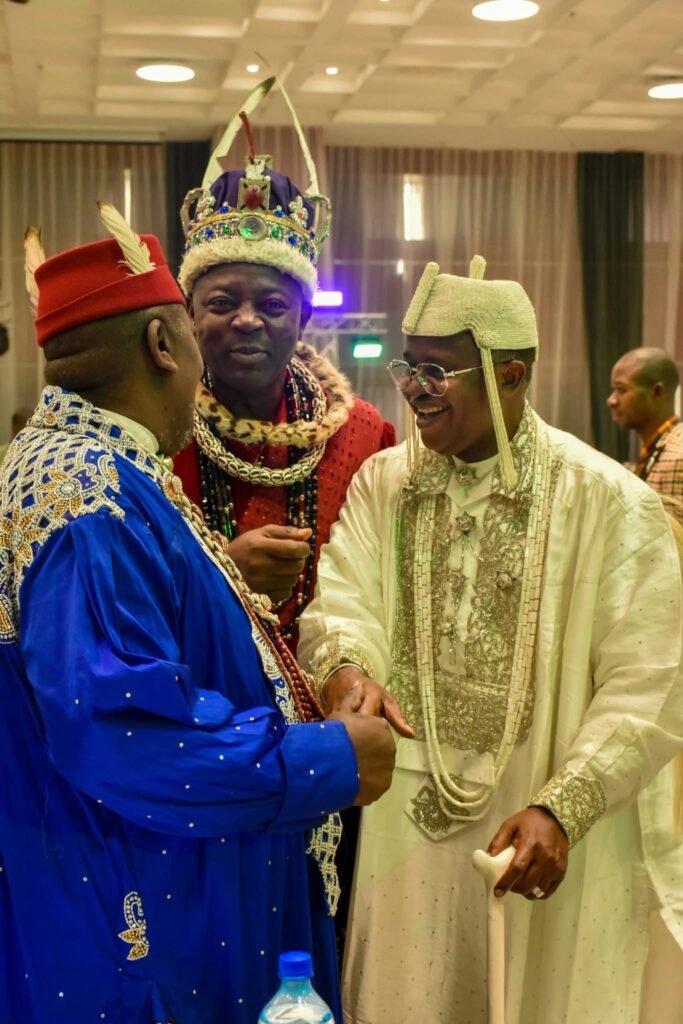
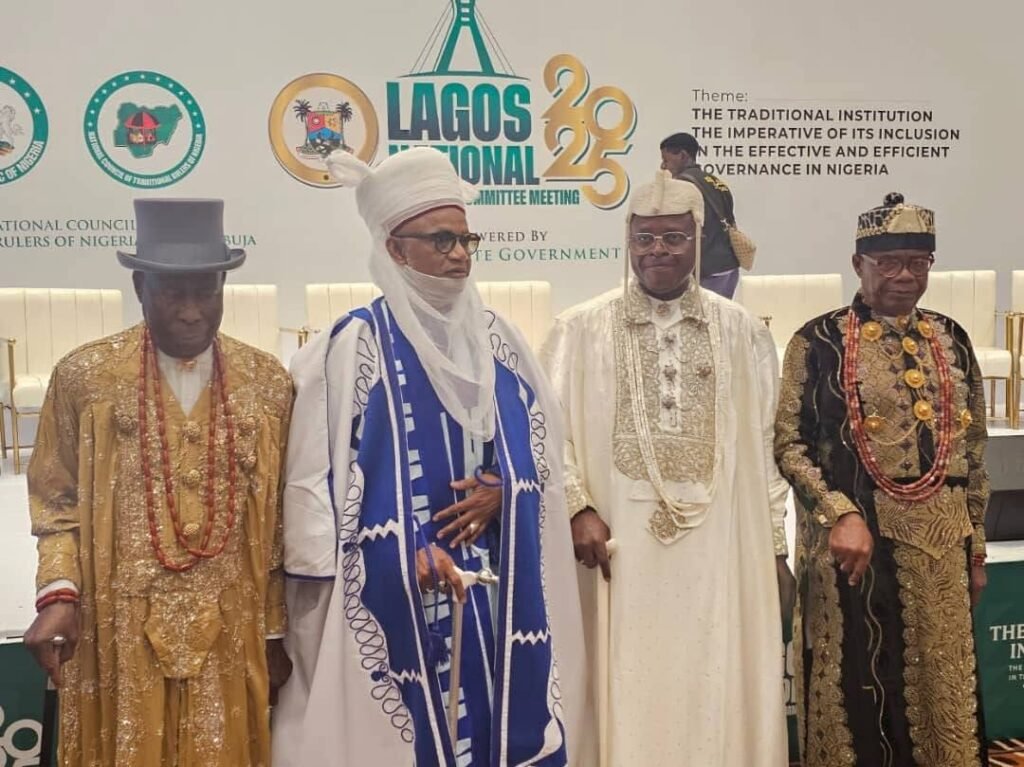
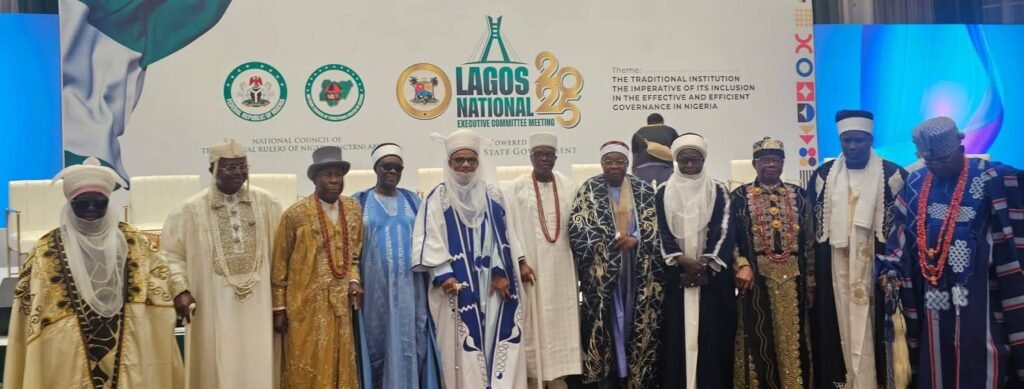
In attendance were several dignitaries, including the Governor of Lagos State, Mr Babajide Sanwo-Olu; the Governor of Imo State, Senator Hope Uzodinma; members of the National Assembly, and other political leaders.
The meeting, chaired by His Eminence, the Sultan of Sokoto, Alhaji Sa’ad Abubakar III, the Etsu Nupe, Alhaji Yahaya Abubakar; the Ooni of Ife, Oba Adeyeye Enitan Ogunwusi; and chairmen of traditional councils from various states, including the Chairman of the Rivers State Council of Traditional Rulers, His Majesty Eze Chike Worlu Wodo, the Paramount Ruler of Apara Kingdom.
Other royal fathers present included His Majesty King Dr Philip Osaro Obele JP DSSRS, the Oneh Eh Eleme XI; His Royal Highness King Dr Appolus Chu OFR, the Oneh Eh Nchia X; His Highness Alhaji Muhammad Mera, the Emir of Argungu; and many others from across the country.
In his remarks, the Sultan of Sokoto urged Nigerians to be their brothers’ keepers, to love one another, and to remain steadfast, reminding all that “after difficulty comes ease.” He called for unity and renewed patriotism among citizens.
Governor Sanwo-Olu emphasised the crucial role of traditional rulers in governance, noting that their involvement enhances peace, unity, justice, and social inclusion. He stated that for governance to be effective, it must be inclusive, adding that traditional rulers play a key role in driving community development.
Also speaking, Governor Hope Uzodinma urged Nigerian leaders not to discard the nation’s customs, culture, and traditions, but to safeguard them through legal recognition, similar to what is practised in Ghana, South Africa, and Namibia. He described the absence of traditional rulers in governance as a gap that must be filled, advising royal fathers to rise above partisan politics, provide guidance when necessary, and protect the dignity of the traditional institution.
Hadiza Bk
Reporter
13/10/25
